Publications
Articles, publications, books, tools and multimedia features from the U.S. Institute of Peace provide the latest news, analysis, research findings, practitioner guides and reports, all related to the conflict zones and issues that are at the center of the Institute’s work to prevent and reduce violent conflict.
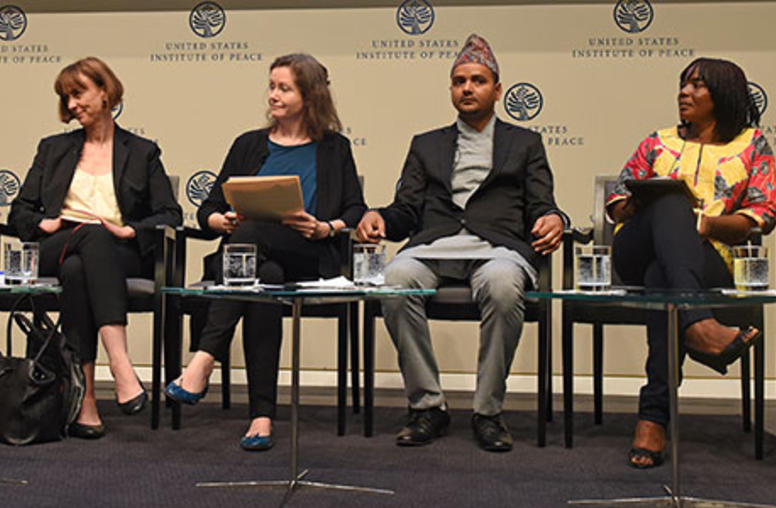
In Fragile States, Put Citizen Involvement First, Panel Says
A common strategy for state-building and development aid to transitional nations—getting basic services to the population—will fail to establish a government’s legitimacy unless citizens are included in the process, a leading researcher on conflict management said at the U.S. Institute of Peace.
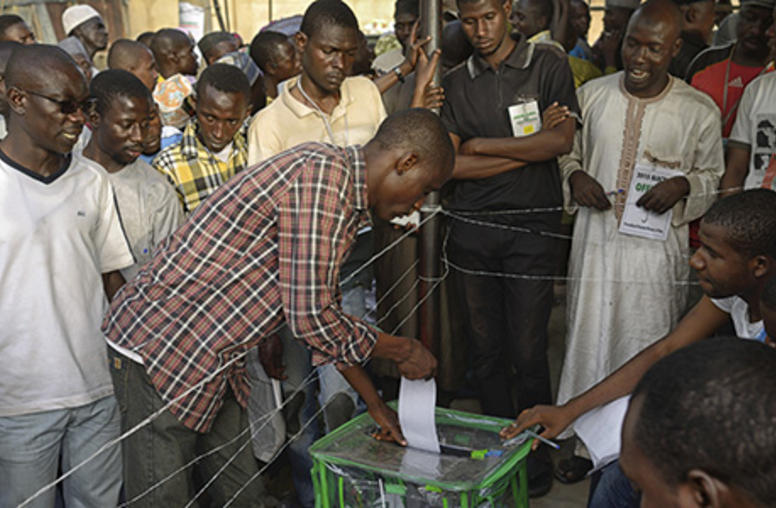
New U.N. Goals Highlight Danger of 'State Fragility' to Development
A new set of development goals that will be adopted by the world’s heads of state at the United Nations in September highlights the crucial problem of “fragile states” and the need to strengthen their governance, according to experts including current and former top diplomats and USIP President Nancy Lindborg.
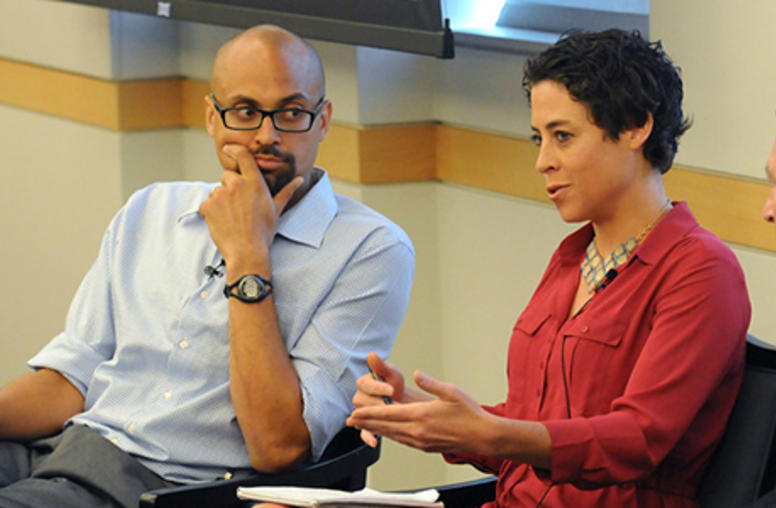
Music Plays Crucial Role in Non-Violent Civic Movements
In Libya’s 2011 uprising, protesters pumped loud music from radios or CD players in the streets in front of government buildings, then fled from the inevitable rush of security forces. The nonviolent early days of Egypt’s revolution that same year spawned a raft of new independent music groups. In Turkey, the “Song of Pots and Pans” exhorts political leaders to stop their lies and repressive tactics.
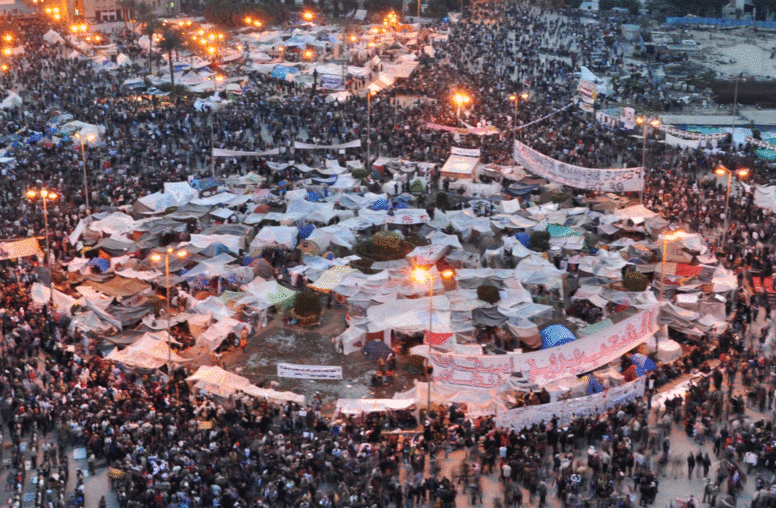
Mobilizing to Transform Conflicts Amid Tight Budgets, Shrinking Space
In an era when Western citizens are averse to protracted and costly military interventions, and corrupt regimes around the world feed instability, there’s a pressing need to identify violence-prevention approaches that hold the greatest promise. During a professional life working with non-violent activists and movements, I’ve developed a keen appreciation for the power of purposeful mass mobilization and strategic non-violent action led by and for local communities to advance rights, justice and good governance.

U.S. Military Report on Koran Burnings
Photo Credit: The New York Times/ Mauricio Lima
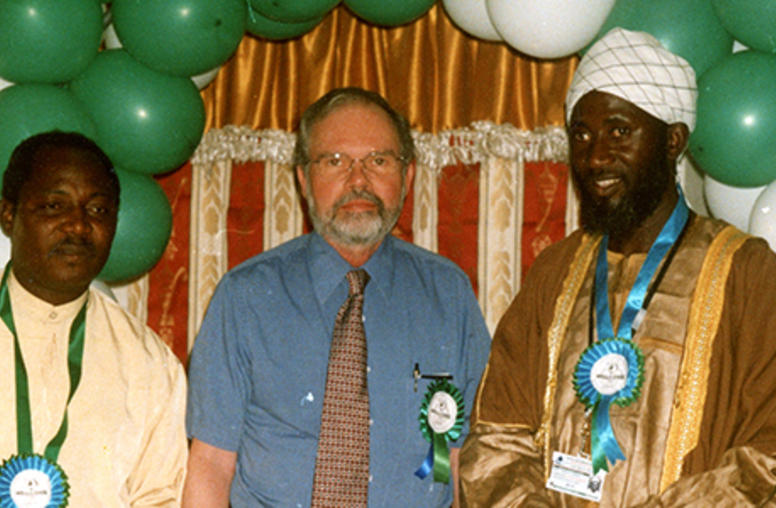
Two Decades of Peacebuilding: USIP Vice President Smock Retires
His career was rooted in college friendships with a Ghanaian and a Nigerian. It propelled him through posts in four foreign countries and a peace mediated in a local community in Africa that has held for more than 10 years. David Smock, USIP’s vice president for Governance, Law & Society and director of the Institute’s Religion and Peacebuilding Center, retires at the end of this week after more than 24 years at USIP, an organization that itself is only 30 years old.
Pakistan School Attack Sparks New Form of Public Action
In the aftermath of the horrific Taliban attack on a school in Peshawar that left more than 140 people dead, most of them children, a national consensus against terrorism may be emerging in Pakistan. Also developing is a new style and approach for civil society activism.
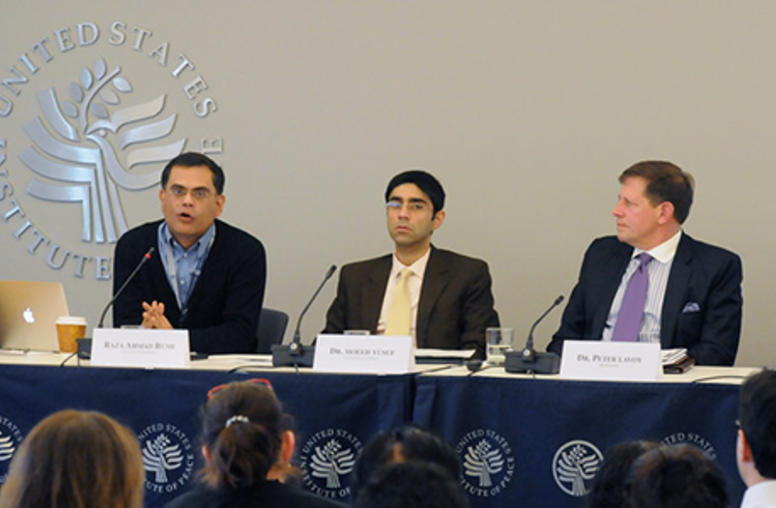
Pakistan Massacre of Schoolchildren: What Has It Changed?
Even having lost 50,000 people killed in terrorism-related violence over more than a decade, Pakistan was stunned by the Taliban massacre of 145 schoolchildren and others at an Army school in Peshawar on December 16, 2014. With some commentators calling the event “Pakistan’s September 11,” the U.S. Institute of Peace convened experts to assess whether the country may actually have reached a decision point that could yield a more consistent and effective state campaign against terrorism.
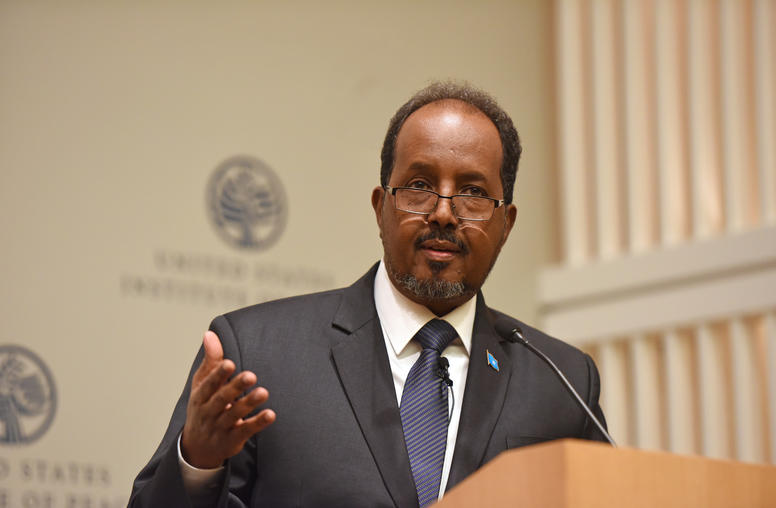
Somalia Seeks Best Possible Elections, More Security Aid
Four years after the formation of a federal government in Somalia, the country has built nascent institutions, but it will need years of financial and security support to make the new state effective, President Hassan Sheikh Mohamud said April 20 at USIP. The country’s next critical step will be to hold national elections before September, a vote that Mohamud said will be less democratic than he and other Somalis had hoped—but an improvement in a country that has not elected any government since 1969.
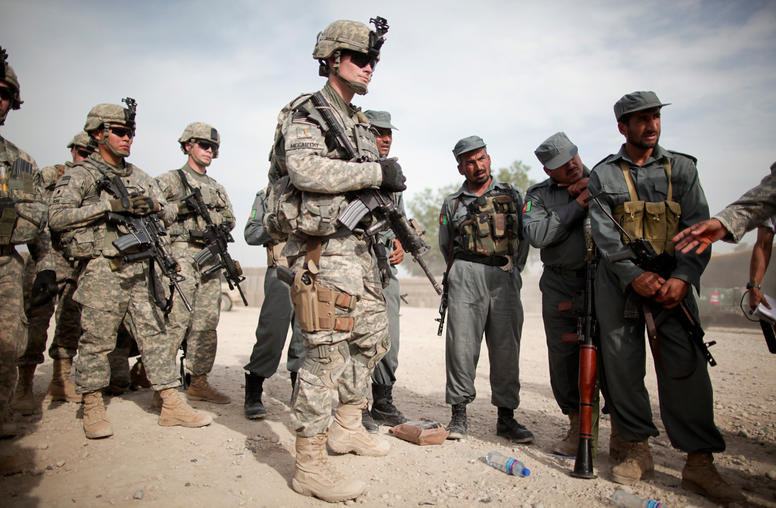
Violent Conflict and Vital Interests: Keeping Focus
Over the next decade, the United States can expect to face complex foreign challenges from terrorism, insurgencies and internal conflicts fanned by external sponsorship, but the threat of conventional state-on-state wars, including direct assaults on the American homeland, have significantly diminished, according to retired Lt. General Douglas Lute, the former ambassador to the North Atlantic Treaty Organization.